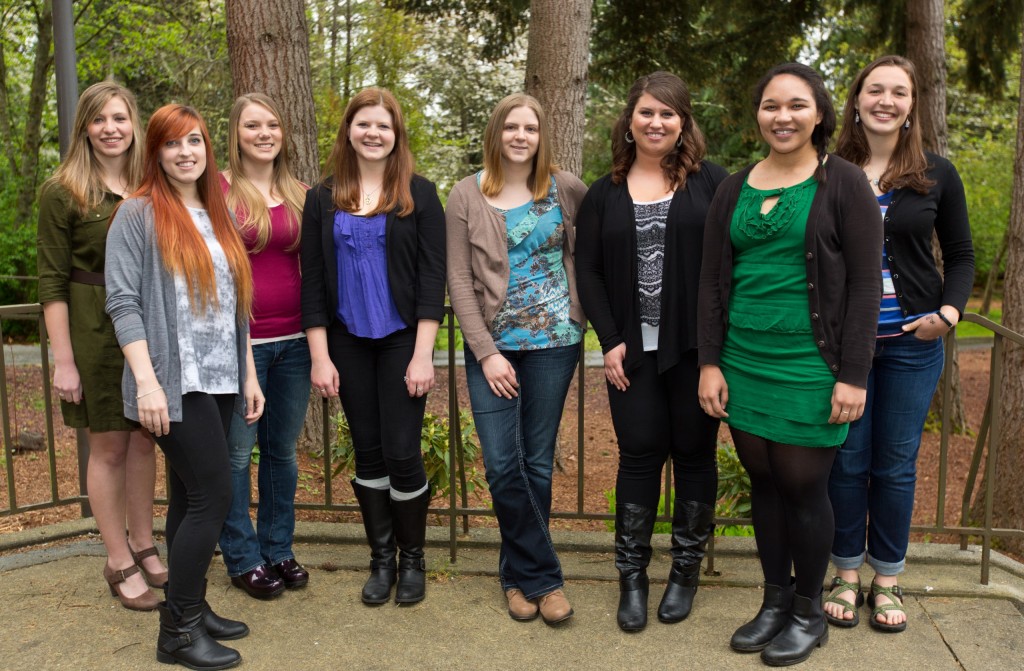Page 229 • (2,651 results in 0.063 seconds)
-

knowing that my financial aid could go with me. Studying in Trinidad & Tobago: While in Trinidad & Tobago, I went to the University of the West Indies, and was able to take any classes I wanted. I decided to take dance classes, because dance was my minor and Trinidad is huge into performing arts and social activism through dance and art, which is something I was really interested in. I took a Caribbean festivals class and a ballet class, which was really useful to see how ballet was taught in
-
through the ways in which they act or conduct themselves toward others. My analysis of the novel’s free indirect discourse alongside the speech and behaviors of the upper class characters, Fitzwilliam Darcy, and Lady Catherine de Bourgh, and the aspirational, William Collins, in comparison to their social inferiors, show how their sense of pride, obsession with social distinctions, and belief of superiority satirize the 19th century’s belief of how propriety and civility should be displayed. By
-
visible part of the global health scene for the past quarter century. But the AIDS pandemic exists in its own category, with a unique set of political and social circumstances that have guaranteed this particular infectious disease a high level of public attention and concern. In a way, AIDS both helped educate people about the global nature of disease, while also overwhelming the story line. Why wasn’t tuberculosis or malaria just as big a deal as AIDS? Together, they have been killing at least as
-
downfall of a regime for the second biennial Chris Stevens Memorial Lecture. Screening 5 p.m.; lecture 7:30 p.m. Karen Hille Phillips Center for the Performing Arts. Friday, Feb. 20: Tunnel of Oppression. This daylong, annual interactive event seeks to creatively address social injustice by leading participants through exhibits that depict issues of oppression in society. 9 a.m.-7 p.m.; Chris Knutzen Hall, Anderson University Center. Wednesday, Feb. 25: Dr. Margaret Jacobs: A Generation Removed. Jacobs
-

Amazon drivers, grocery-store workers and nurses. One student was one of 10 children in the family, with a truck-driving father stranded on the road. Another, the child of a nurse, had to live with grandparents for a while. If a child watched the day’s posted video, Zwang counted that as attendance—as did completing homework over the weekend with an essential-worker mom. Zwang addressed social-emotional needs, too, talking with kids about what the virus meant and that it was OK to be scared.In
-
sustainability. She said students of color at PLU are “hypervisible” and sometimes they want and need to be in a space where they are like everyone else. It’s how they recharge, she added, in order to bear some of the big questions about social justice that they have no choice but to confront on a daily basis. PLU is having an ongoing conversation about trying to create more of these spaces, Hambrick said. In addition, Taiwo said PLU must hire more staff and faculty of color who understand students
-
graduated in 1990 from the University of Washington. During his tenure in the design field he has worked for various clients including Simon and Schuster, Random House, Crown, Disney, Chronicle Books, Starbucks and the National Baseball Hall of Fame in Cooperstown. Lace M. Smith, executive director of content development Lace is responsible for curating adaptive and sharable content on PLU social media. Starting in PLU’s Student Involvement and Leadership in 2005, Lace has a rooted background in
-
students each year. Georgia said she’s working with the Tacoma-based program, Ready to Rise, to identify scholarship recipients. The program is spearheaded by Degrees of Change, an organization that works to extend the reach of the Act Six initiative, which fully funded Panago’s education at PLU. Awardees must embody Panago’s values, including a deep passion for social justice. Tim Herron, Degrees of Change president, says Panago lived the Act Six mission, particularly after his time at PLU. He “poured
-
Violence, Holocaust and Genocide Studies at University College London Bio: Joanna Michilic is a social and cultural historian, and founder and first Director of HBI (Hadassah-Brandeis Institute) Project on Families, Children, and the Holocaust at Brandeis University. Currently, she is an Honorary Senior Research Associate at the UCL Centre for the Study of Collective Violence, the Holocaust and Genocide, UCL Institute for Advances Studies. Conference ScheduleThis January she will begin her appointment
-

Caitlin Zimmerman throughout their impressive college careers. “From the moment they arrived at PLU, they all were doing this work, whether in social justice or inequality and inequity,” Feller said. “They’ve all crisscrossed. Most have done a full semester abroad; almost all are involved in the Network for Peacebuilding and Conflict Management. Students who do that work come my way.” Together the cohort incorporates the essential role of communication in understanding the nature of conflict and of
Do you have any feedback for us? If so, feel free to use our Feedback Form.


